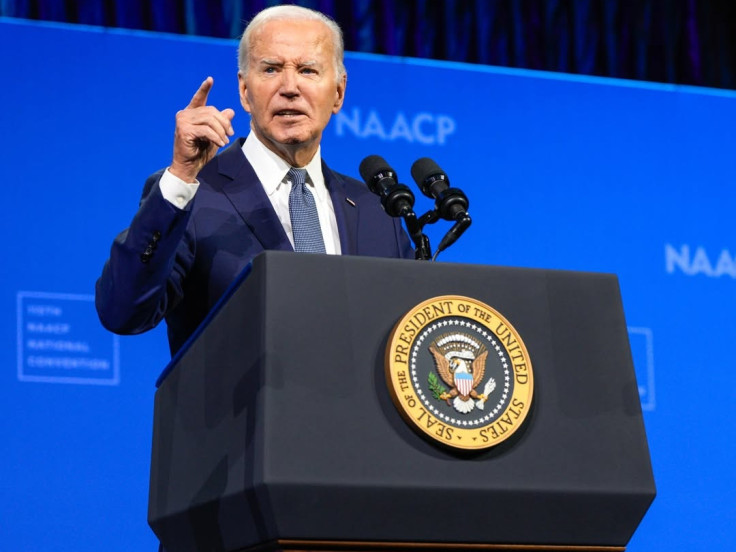
Republican lawmakers on the House Oversight Committee say newly declassified documents point to a deliberate attempt by top White House aides to sideline intelligence tied to the Biden family's Ukraine business dealings, with suggestions of a management 'whitewash' rather than ordinary internal messaging.
According to Magzter, the declassified documents have reignited political debate in Washington, as lawmakers dispute whether the files reveal inappropriate handling of intelligence relating to Hunter Biden's business activities in Ukraine during the Obama administration.
Allegations of Suppressed Intelligence
In mid-October 2025, several intelligence memoranda and internal emails were declassified at the request of congressional oversight committees. Republican members of the House Oversight and Judiciary Committees say the documents suggest that some US officials attempted to limit the circulation of reports involving Hunter Biden's work with Burisma Holdings. At this Ukrainian energy firm, he served as a board member from 2014 to 2019.

The correspondence, first cited by outlets including Real Clear Politics and Anadolu Agency, appears to show that in 2016, diplomats discussed the potential 'distraction' caused by Burisma during energy reform talks with Kyiv. Some staff reportedly urged colleagues to steer questions away from the issue to maintain focus on broader economic policy.
Democrats on the committees, however, argue that the materials have been mischaracterised and contain no evidence of wrongdoing by then-Vice President Biden. They note that the documents reflect routine deliberations about message discipline, not suppression of evidence.
Inside the Declassified Revelations
According to summaries released by the committees, one memo warned that Burisma's controversies 'risked distracting from US-Ukraine energy cooperation,' recommending that officials avoid detailed comment on the company's board. Another email chain described the issue as 'politically sensitive' ahead of diplomatic meetings in Kyiv.
Republican Chair James Comer claimed the correspondence shows 'an intentional effort to protect the Biden brand from scrutiny.' But independent analysts reviewing the same documents caution that the language appears consistent with standard internal guidance about press management during politically charged moments.
The White House responded by dismissing the claims as politically motivated. 'There has never been evidence that Former President Biden acted improperly or influenced US policy for his family's benefit,' a spokesperson said, adding that the administration remains committed to transparency.
Political Fallout
The document release comes as Congress intensifies broader investigations into alleged influence peddling by members of the Biden family. While no charges have been brought against the President, the renewed focus on Ukraine threatens to deepen partisan divides ahead of the 2026 midterms.
Republican lawmakers argue that the files illustrate 'institutional bias' within US agencies, while Democrats say the timing of the disclosures reflects an election-year strategy rather than new evidence. Legal experts note that none of the declassified material constitutes proof of criminal activity, though it may fuel calls for additional hearings on government accountability.
Foreign-policy observers warn that the continued political spotlight on Ukraine could distract from Washington's ongoing diplomatic commitments to Kyiv amid the region's instability.
Why This Matters
The latest controversy underscores how transparency, oversight, and political trust have become central issues for both parties. Although the declassified papers stop short of proving a deliberate cover-up, they expose long-standing tensions over how intelligence intersects with family and politics.
As investigations proceed, the Biden administration faces renewed pressure to demonstrate openness while Congress weighs whether further inquiries are warranted.
For voters, the debate is less about one document than what it represents: the fragile line between governance, perception, and accountability in American politics.







